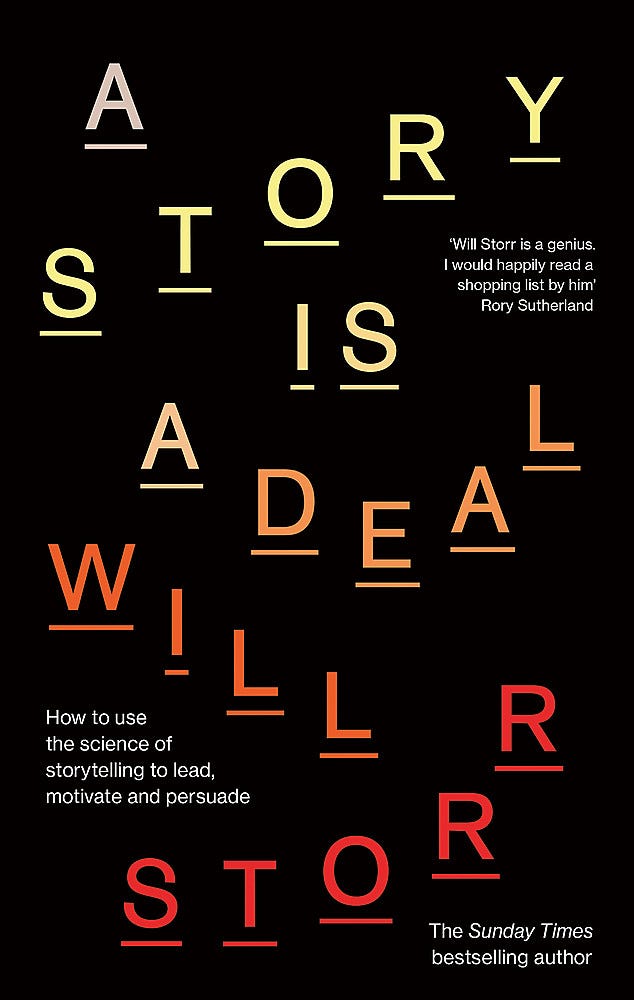Three mood-boosting alternatives to meditation
Bibliotherapy, music medicine, and... a hot bath?
Hello, and welcome to my new edition of 60-Second Psychology. This week, I want to examine some undervalued instruments for looking after our mental health.
Over my career as a science writer, I’ve become allergic to the one-size-fits-all approach to wellbeing. No single system will work for every person, or even for the same person in all situations. In some cases, persevering with the same strategy will only make things worse.
Consider mindfulness meditation, which most commonly involves focusing on a bodily sensation – such as your breath. Each time your mind wanders, you notice the source of your distraction and the feelings you encountered, before bringing your attention back to your body. Many meditators find that mindfulness builds their resilience to stress, but a sizeable number of people – around 25%, according to one study – find that it heightens their anxiety and rumination; it can even contribute to panic attacks and unpleasant feelings of dissociation.
I’m not knocking mindfulness – despite sometimes experiencing these undesired effects, I still practice it from time to time – but there are many other ways of reaching mental calm, and sometimes that simply involves prioritising activities that we already enjoy. Here are three of my favourites.
Creative bibliotherapy
We’ve all lost ourselves in a good book, but can reading really constitute a form of therapy? According to fans of “creative bibliotherapy”, a good story can provide more than escapism. By watching others wrestle with life’s problems, you may find new ways to interpret your current situation, so that your current struggles feel a little more manageable.
A huge study of 18,000 people found that reading is commonly considered to be the most restful activity – and research confirms it is extremely effective at promoting physical relaxation after an upsetting event – yet I know that it’s the first thing I drop if I feel overwhelmed by other stresses.
To reap the greatest benefits, you should consciously reflect on what you have just read. You don’t need to write advanced literary criticism. Simply mulling over what you appreciated, and how it made you feel, appears to be enough to bring about a mood boost. You might also chat with a friend, join a book club, or post a review online. (If you’re looking for inspiration for what to read, I’d thoroughly recommend Ella Berthoud and Susan Elderkin’s book The Novel Cure: An A-Z of Literary Remedies.)
Music as medicine

If you’re more of an audiophile than a bookworm, you might like to dust off some old records. Music can act as medicine, and you don’t need to spill your guts in your songwriting to take advantage of this; simply listening to your favourite artists is enough.
As I explained in an essay for the Guardian, two trials have even found that a regular prescription of music can reduce the systolic blood pressure of people with hypertension by 6mmHg. That’s enough to lower the risk of a stroke by 13%. As we saw with bibliotherapy, the sense of catharsis may arise from cognitive reappraisal and identification with the artist’s feelings, but music can also entrain our brainwaves and – through the build-up and relief of tension – it can trigger the release of mood-boosting neurotransmitters such as dopamine and opioids.
Try to select your tricks carefully following the “iso principle”, beginning with some pieces that mirror your current mood, before moving on to compositions that represent a greater range of feelings. Your soundtrack should be an aid to finding perspective and insight, rather than an exercise in rumination.
Whole-body hyperthermia (hot baths)

Regularly treating yourself to a hot bath (in place of a shower) could help to stabilise your mood. A small trial from 2020 asked participants with depression to bathe in 40°C (104°F) water for 15-20 minutes a week over two months. A clinically significant relief from their symptoms was evident after the second session and continued for the length of the trial.
I would be highly sceptical if this were the only evidence, but the finding fits with a handful of other studies. Curiously, the greatest benefits appear to come from a slow increase in core body temperature, so it may be best to start a little cooler and then add more hot water as you soak. You may also experience greater effects if you take your bath just before bed.
The mechanisms are still under discussion. The heat may soothe the body’s sympathetic nervous system, which is involved in the stress response, or it could help to regulate the circadian rhythm, which seems to askew in people with depression.
Clearly, these activities cannot replace conventional therapies for mental illness, but we shouldn’t dismiss them as insignificant luxuries either. If we are struggling to level our feelings, it’s worth remembering some of the tools that we have at our disposal to shift our thoughts and feelings.
Book of the Week: A Story Is A Deal by Will Storr
Will Storr is one of my favourite non-fiction writers, and his latest book examines the ways that we can craft stories to engage, persuade and motivate others – and its narrative is just as engaging, persuasive and motivating as you would hope. It’s packed with so much wisdom, I wish I’d been able to read this earlier in my career.
One small piece of self-promotion: I’ve had two pieces of journalism published this week. The first, for New Scientist, asks what we know about babies’ conscious experiences; the second, for the BBC, explores the benefits of cross-cultural friendship, co-written with my Italian “sister” Alessia Franco. Let me know what you think of them.
Take care, have fun, and see you next week!
David x






Oh bummer, paywall on the New Scientist article.